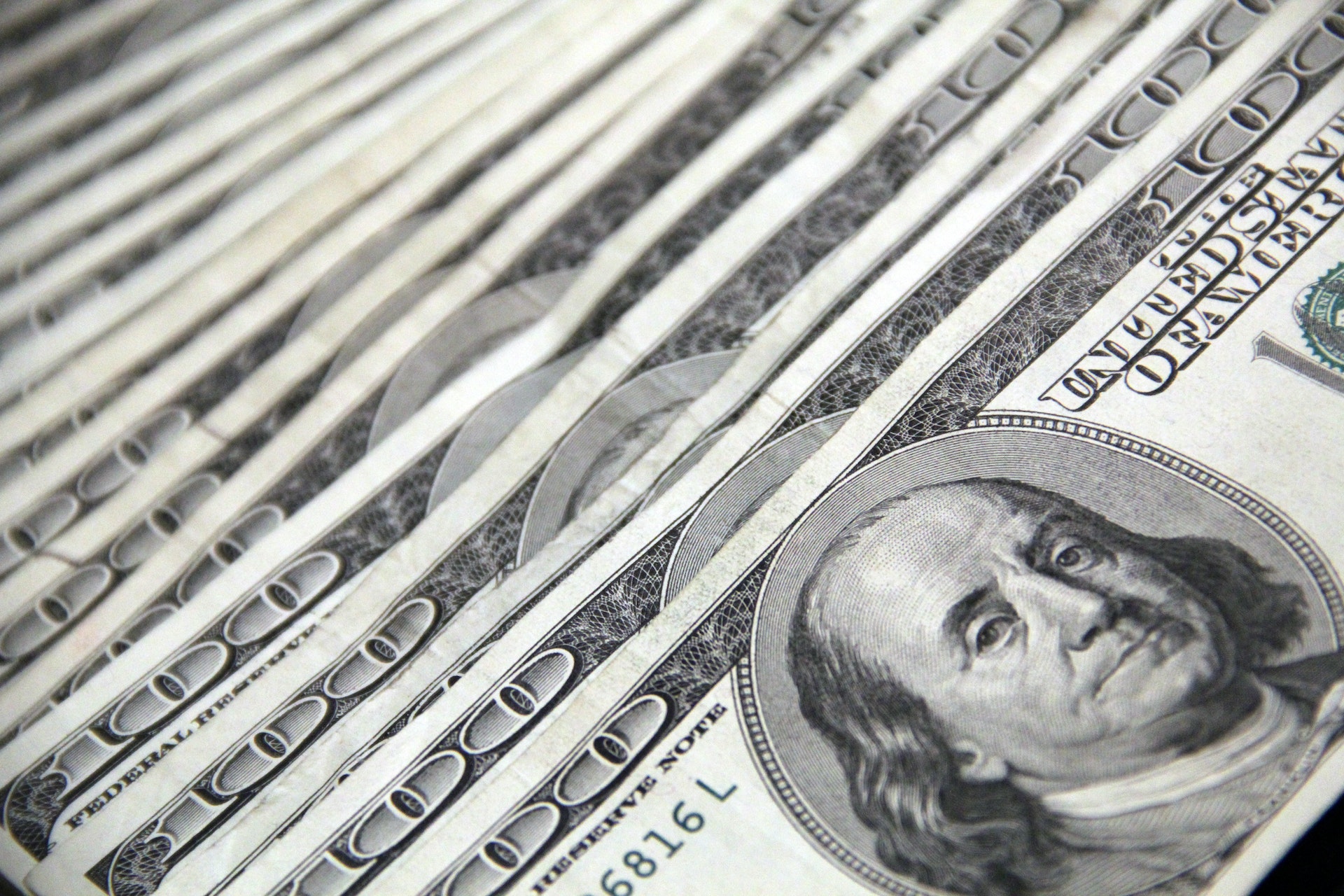The Customer Protection Rule was the subject of a $415 million settlement last week by Bank of America’s Merrill Lynch. It was the largest ever for misuse of client funds under Rule 15c3-3. According to media reports, former executives of the bank provided information to the U.S. Government through the SEC Whistleblower program. After the settlement, the SEC also announced a self-reporting program to encourage other broker-dealers out of compliance with the rule to disclose its violations for reduced penalties.
SEC Rule 15c3-3(e) requires a broker-dealer to maintain funds or securities in a bank account that is equal or greater in value than the net cash it owes to customers. Although the formula for determining net cash under the rule is complex, the rule for customer cash is fairly simple: a broker-dealer must have set aside sufficient funds to repay customers the cash it owes. It is designed to protect customers in the event that the bank fails (the Lehman Brothers scenario). The rule also requires broker-dealers to provide accurate information to the SEC concerning its compliance with the rule and self-report certain material weaknesses.
Instead, Merrill Lynch used the customer cash to fund its own trading activities. It did so through margin loan transactions which reduced the required customer cash calculated according to the net cash formula. In a separate statement, the SEC indicated the rule is violated by transactions which are not a normal business transaction and solely to reduce holding sunder the Customer Protection Rule formula.
Another violation identified involved customer securities in a clearing account that was subject to a general lien. If Merrill had failed, ownership of the money in this account (and a few others) would have been in doubt and not immediately available to repay customers.
The Merrill Lynch case also involved the second violation of Exchange Act Rule 21F-17. For those who aren’t intimately familiar with the SEC whistleblower rules, this one prohibits restrictions on the right of employees to speak to the SEC concerning violations of the securities laws. According to the government press release, Merrill impeded employees from voluntarily providing information to the SEC through language in its severance agreements. KBR had the honor of becoming the first company to be recognized for violating the rule.
Following the settlement, the SEC announced the CPR Initiative last week in order to encourage broker-dealers to report historical or ongoing violations of SEC Rule 15c3-3. The CPR Initiative allows a broker-dealer to self-report noncompliance by November 1, 2016 to receive a recommendation of favorable settlement terms. Broker-dealers will have to pay disgorgement of any ill-gotten gains but will be eligible for a meaningful cooperation credit to reduce penalties.
The CPR initiative is similar to the Municipalities Continuing Disclosure Cooperation Initiative, in which dozens of municipal underwriting firms disclosed violations in their municipal bond underwriting. The U.S. Government ultimately reached settlements with 72 underwriting firms under this program and received payments totaling more than $17 million.
The SEC is going to be looking for other violations of the Customer Protection Rule so it could lead to other whistleblower payouts. Our SEC Whistleblower Attorneys can help report violations of the Customer Protection Rule by investment banks and broker-dealers to the Securities and Exchange Commission. If you are an employee of a broker-dealer that has failed to report historical or ongoing violations of Rule 15c3-3, you may be entitled to a reward if you report them to the SEC Whistleblower program and the U.S. government pursues an enforcement action that results in monetary sanctions of more than $1 million. For a free initial legal consultation with one of our whistleblower attorneys, please call 1-800-590-4116.


